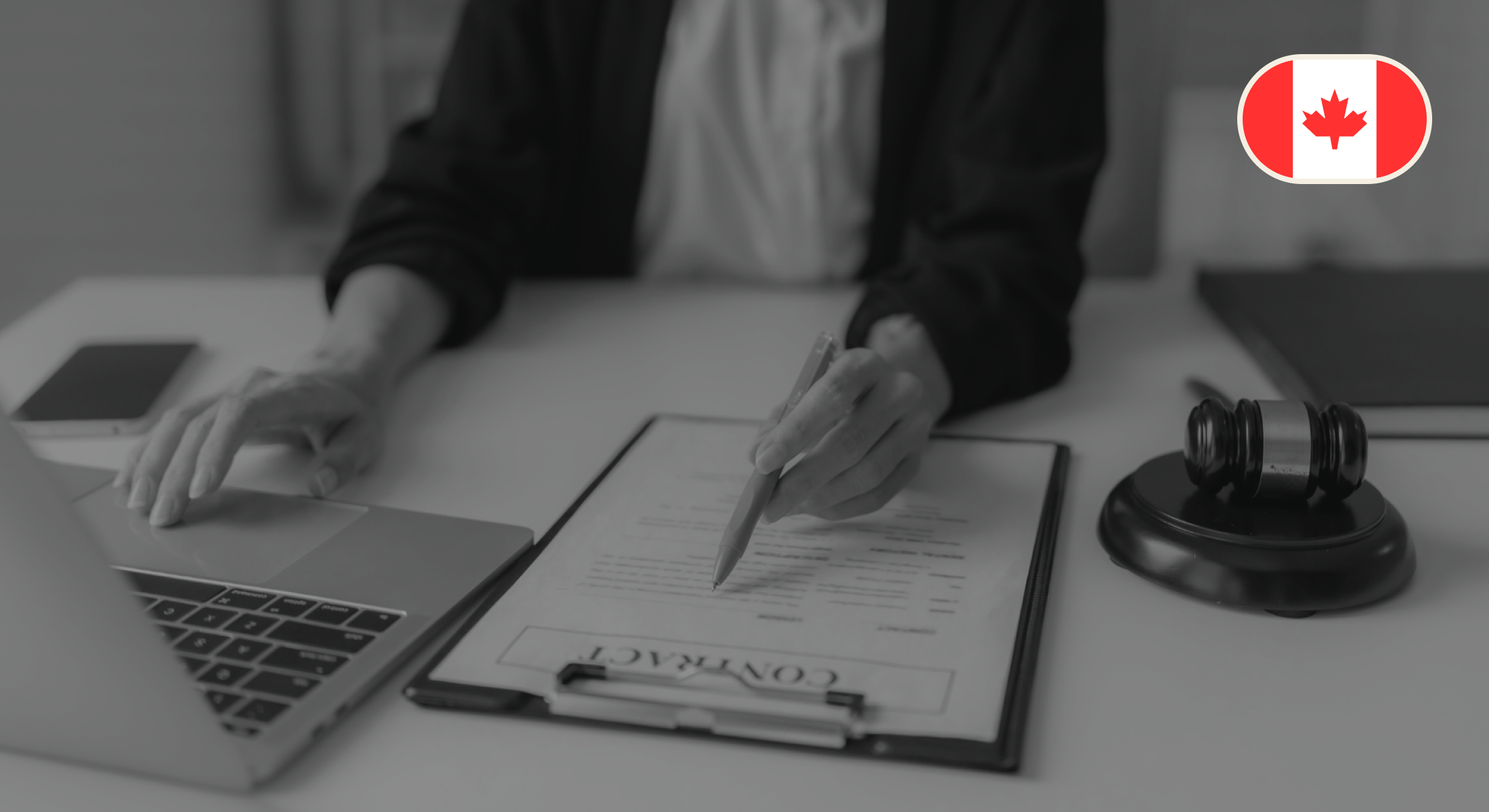With its cultural offerings, strong economy, and high quality of life, it’s no wonder Germany ranks as the third most popular European destination (after Portugal and Spain) for digital nomads and remote workers.
Buzzing cosmopolitan cities like Berlin and Munich provide vibrant nightlife and restaurant scenes, numerous coworking spaces, and easy access to the rest of Europe for those with itchy feet.
Despite being Europe’s largest economy, the cost of living in Germany is lower than in other Western European countries like France, Belgium, and the UK and is estimated to be 35% lower than in the US. Germany also has a social healthcare system, which allows taxpayers to access partially free healthcare through social contributions.
All of these factors make Germany a great place to live and carry out your remote work. However, it’s important to note that Germany does not (currently) offer a specific digital nomad visa. Instead, it has a freelance visa (Freiberufler), which is suitable for freelancers and self-employed entrepreneurs.
Today, we’ll walk you through everything you need to know to set up your German freelancer visa.
Types of Digital Nomad Visas in Germany
To obtain your German freelance visa, nationals of non-European countries will first need to get a freelancer entry visa, which is only valid for three months but will allow you to enter the country and start working. Note that nationals of the US, Canada, Australia, New Zealand, South Korea, Japan, and Israel do not need an entry visa to enter Germany.
Those who arrive with the entry visa will need to let the immigration authorities know they’re entering the country to work as a freelancer and intend to apply for the Freiberufler (freelance residence permit) to continue living and working in Germany.
Freelancers from all non-EU countries must apply for a freelance residence permit upon arrival in Germany. You can do this through the Ausländerbehörde (German Immigration Office). Once you get it, your entry visa will no longer be valid (if you have one); however, you’ll be able to live and work in Germany for up to three years.

The Freiberufler is best suited to freelancers in occupations that will have a positive impact on the German culture and economy, such as artists and writers or self-employed professionals like architects, teachers, engineers, or doctors.
Another type of visa, the Selbständiger, is a self-employment visa and is designed for founders, sole proprietors, or managing directors of a company. To be eligible for this visa, your company must be of economic interest to Germany, positively impact the German economy, and be financed through equity or a loan.

Who Can Apply for a Germany Freelance Visa?
Anyone who meets the eligibility requirements and is either a freelancer or self-employed can apply for a German freelancer visa — as long as there is an economic interest or regional need for your professional services.
Germany accepts all those in “liberal professions,” which include, but are not limited to:
- Doctors
- Lawyers
- Translators
- Writers
- Designers
- Dentists
- Veterinarians
- Notaries
- Journalists
- Engineers
- Architects
- Interpreters
- Photographers
- Physiotherapists
- Accountants
German Freelance Visa Eligibility Requirements
Before applying for your German digital nomad visa, you must ensure you meet the following visa requirements:
- Proof of health insurance that will cover your stay in Germany.
- Proof of income: You’ll need to prove that you have an income of at least €9,000 per year to be able to live comfortably in Germany.
- Legal address in Germany: You’ll need to secure accommodation in Germany and register the address at a local registration office (Bürgeramt).
- Proof of work: You’ll need to provide proof that you have prospective German clients interested in contracting your services. This doesn’t have to be a contract; it could also be a letter stating that the potential client would hire you if you have permission to work in Germany.
- If you’re over 45 years old, you must have an adequate pension plan. This means that by 67 years old, you must have either: assets amounting to at least €194,631; or a monthly pension of €1,332.36 for a minimum of 12 years.
Documentation Required for a German Freelance Visa
Here is a list of the documents you’ll need to submit to obtain your visa:
- A valid passport
- Visa application form for the Freelance Residence Permit (Antrag auf Erteilung eines Aufenthaltstitels).
- A passport-size photo that meets the German visa photo requirements
- Proof of income and an estimate of your earnings
- At least two letters of intent from clients indicating their intention to hire you
- Your CV
- Health insurance coverage
- Your business plan
- Proof of graduation from a recognized institution if you’re a recent graduate
- Proof of address and a rental lease confirmation from your landlord
- Proof of a retirement plan if you’re over 45
Remember that if you need an entry visa, you’ll have to apply for it at the German embassy or consulate in your home country and apply for a residence permit once in Germany.
Additionally, requirements may change or vary, so it’s always best to check with your embassy or consulate.
How to Apply for a German Digital Nomad Visa
If you require a freelancer entry visa to enter Germany, start with the following steps:
- Schedule an appointment at the nearest German embassy or consulate in your area.
- Submit your application form and required documents.
- Pay the visa application fee. Depending on the embassy, you may be required to pay the fee online or offline. The entry visa fee is €75.
- Wait for visa processing. This may take several weeks or up to three months.
Once you arrive in Germany, follow these steps to apply for a residence permit (within the first three months of arrival):
1. Register with the tax office (Finanzamt) to get a Freelance Tax Number (Steuernummer) — you need this to apply for the residence permit.
2. Register your address for your resident’s registration (Meldebescheinigung) at the Residents’ Registration Office (Bürgeramt). To do this, you will need to provide the following documents:
- Passport
- Registration form
- Rental agreement
- Confirmation of moving in from your landlord (must include their name and address, the date of moving in, and the address of the place you’re renting)
- Civil status documents like birth and marriage certificates
3. Set up an appointment for an interview with the Germany Immigration Office (Ausländerbehörde).
4. Pay the application fee for the residence permit:
- €113 for skilled workers
- €124 for freelancers and self-employed workers
- €147 for highly qualified professionals
- €28.80 for Turkish citizens
5. Attend your interview and submit the required documentation, including your Freelance Tax Number and letters from prospective clients.
6. Wait for permit processing. This can take several months.
How an EOR Can Help You Get Set Up in Germany
Relocating to Germany can open up a world of opportunities for freelancers and self-employed professionals — but the visa application process is not without its risks and pitfalls.
Many digital nomads heading to Germany find that partnering with an Employer of Record (EOR) like RemoFirst can make the process run more smoothly. For instance, we help digital nomads with the visa application process and setting up compliant independent contractor agreements with their clients.




















